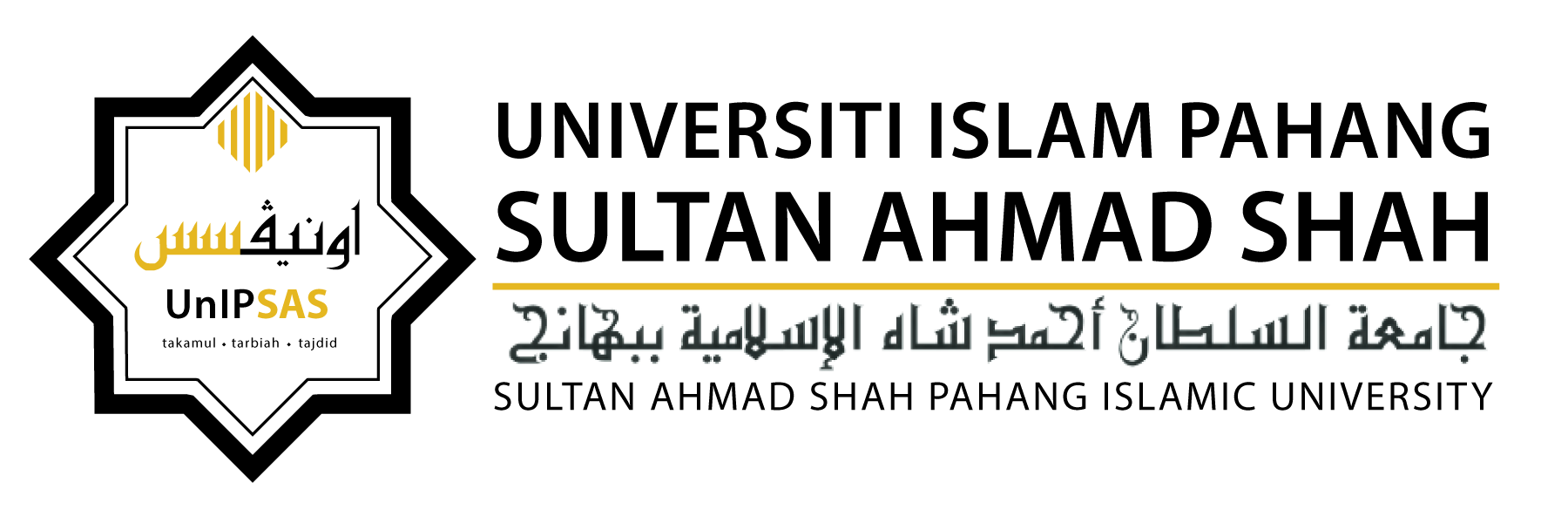AN INTEGRATIVE REVIEW ON FEMALE REPRODUCTIVE PATHOPHYSIOLOGY ACCORDING TO ISLAMIC PERSPECTIVE
DOI:
https://doi.org/10.64398/alsirat.v24i1.316Keywords:
female reproductive system, Islamic perspective, physiology, pathologyAbstract
Islamic medical ethics provides Muslims with a crucial framework that
directs their lives in all spheres, including women's health. The intersection
of Islamic medical ethics with female reproductive physiology and pathology
is of paramount importance in today's diverse world, as it not only informs
ethical and moral guidelines but also has practical implications for Muslim
women's healthcare. However, how these medical ethics address the intricate
matters of female reproductive physiology remains to be studied. A
significant gap exists in the literature on how religious beliefs influence
understanding of biomedicine. Addressing this gap is crucial to ensure that
religious and medical guidelines align, ultimately benefiting the well-being
of Muslim women. A thorough search of the literature found the existing body
of literature emphasizing the relationship between Islamic medical ethics
and female reproductive pathophysiology. The scope, including female and
maternal health, highlighting menstruation, contraception, pregnancy,
childbirth, and fertility in conjunction with an Islamic viewpoint, was
identified and documented. The findings revealed that Islamic medical ethics
incorporate principles largely compatible with contemporary scientific
understanding of female reproductive pathophysiology. Key themes included
the importance of preserving life, protecting the mother's health, and the
prohibition of harm, which align well with the modern concept of
reproductive health. This study emphasizes the evolving knowledge of the
female reproductive system through an Islamic jurisprudence point of view.
It also highlights the importance of synchronizing religious and medical
guidelines to ensure the well-being of Muslim women. The findings may serve
as a foundational platform for future dialogues and collaborations between
scholars of Islamic jurisprudence and healthcare professionals. Ultimately,
this integration may lead to improved reproductive healthcare practices for
Muslim women, rooted in the convergence of religious and medical ethics.
Downloads
Published
How to Cite
Issue
Section
License

This work is licensed under a Creative Commons Attribution-NonCommercial 4.0 International License.






